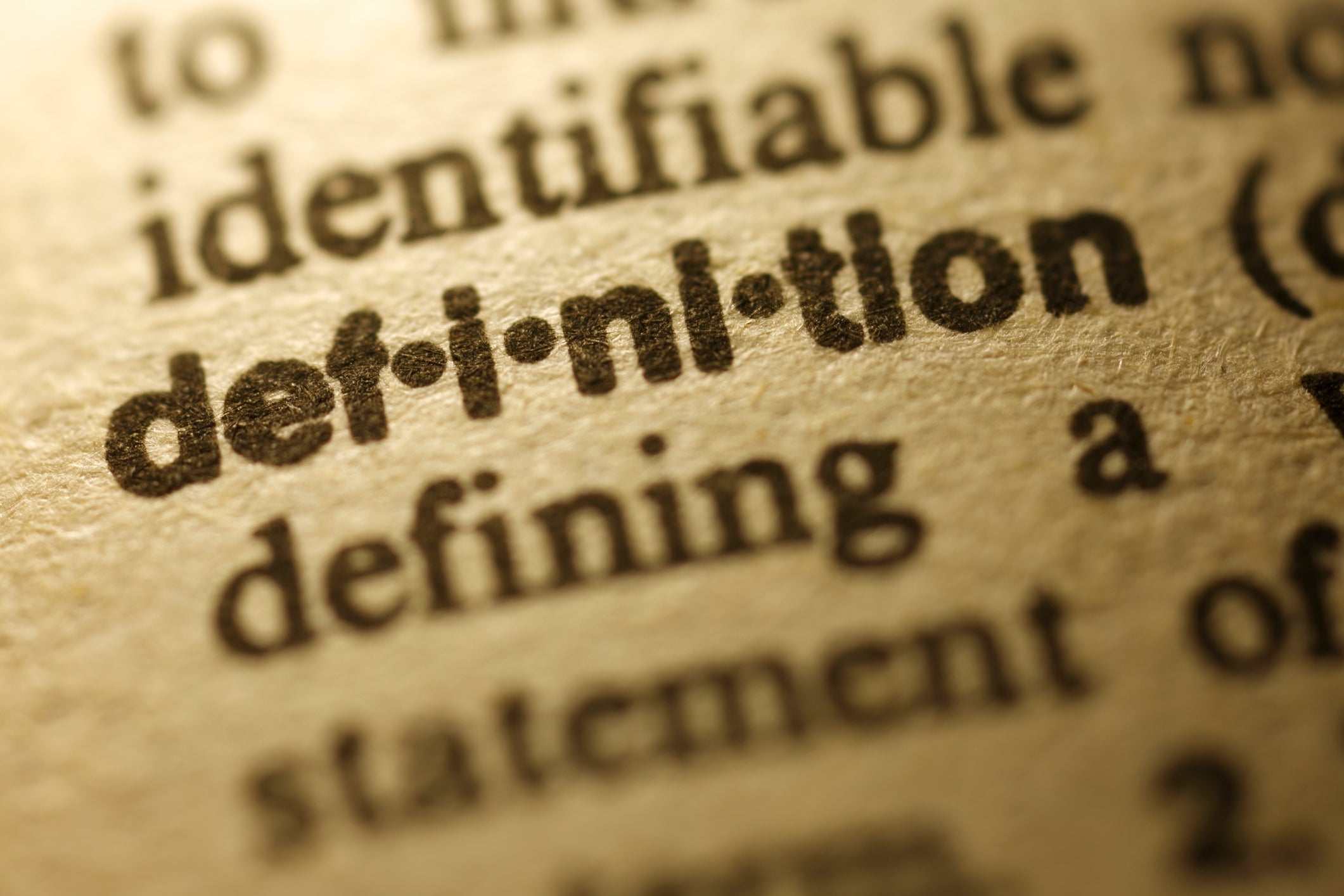‘Moist’, ‘pus’ and ‘phlegm’: These are the grossest words in the English language, according to study
Almost 10,000 people voted for the words that made them squeamish

Your support helps us to tell the story
From reproductive rights to climate change to Big Tech, The Independent is on the ground when the story is developing. Whether it's investigating the financials of Elon Musk's pro-Trump PAC or producing our latest documentary, 'The A Word', which shines a light on the American women fighting for reproductive rights, we know how important it is to parse out the facts from the messaging.
At such a critical moment in US history, we need reporters on the ground. Your donation allows us to keep sending journalists to speak to both sides of the story.
The Independent is trusted by Americans across the entire political spectrum. And unlike many other quality news outlets, we choose not to lock Americans out of our reporting and analysis with paywalls. We believe quality journalism should be available to everyone, paid for by those who can afford it.
Your support makes all the difference.What do the words “moist”, “pus” and “phlegm” all have in common? Each of them have been included in a list of the “grossest” words in the English language.
According to a survey conducted by online language platform, Preply, the majority of the words that make people squirm are related to the human body.
In the number one spot was “pus”, with almost 10,000 votes. It was followed by “phlegm” (8,984 votes), “seepage” (8,799 votes), and “moist” (8,234 votes).
Following on from this was “splooge”, which Preply states refers to “an abrupt discharge of fluid”, “fester”, meaning a wound that has become septic or sore, and “mucus”.
Other words included in the list were “ooze”, “putrid” and “curd”.
Daniele Saccard, from Preply, explained that it’s common for people to feel uneasy about particular words in the English language.
“Many people feel queasy towards certain words or phrases,” he said.
“This phenomenon is called world aversion, meaning a strong dislike or repulsion towards the word.”
He added: “This demonstrates just how powerful language can be. Language has the ability to make us feel all types of positive emotions, including love and happiness.
“However, on the contrary, language also has the power to make us uncomfortable or [feel] disgust.”
The top 10 grossest words in the English language
- Pus – 9,799 votes
- Phlegm – 8,984 votes
- Seepage – 8,799 votes
- Moist – 8,234 votes
- Splooge – 7,893 votes
- Fester – 7,223 votes
- Mucus – 7,083 votes
- Ooze – 6,990 votes
- Putrid – 6,912 votes
- Curd – 6,344 votes
Join our commenting forum
Join thought-provoking conversations, follow other Independent readers and see their replies
Comments